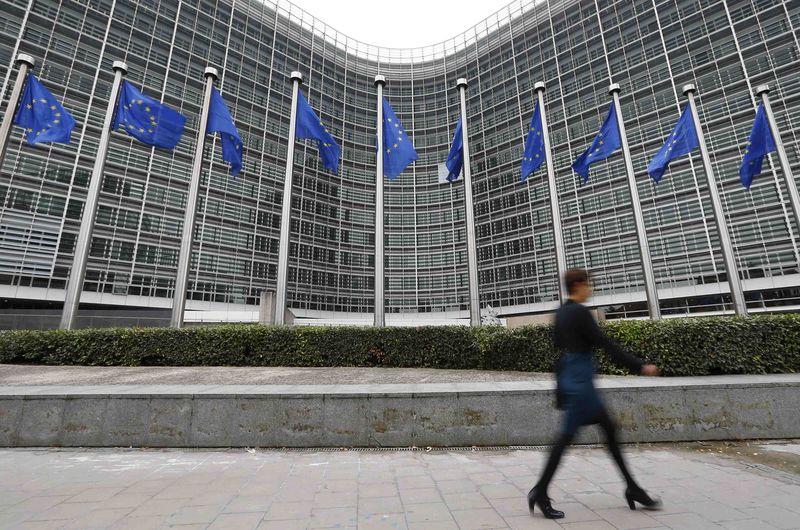By Huw Jones
LONDON (Reuters) - Rules forcing banks to isolate risky trading activities must be fully evaluated to gauge their impact on economic growth and the ability of banks to bear the extra costs, a study by the European Parliament said on Wednesday.
The EU assembly and member states are trying to find consensus on a draft EU law that proposes banning proprietary trading at banks, in which they take bets in financial markets with their own money.
Regulators would also be given powers to force banks to separate some risky trading activities into separate units if financial stability was being threatened.
But Germany and the European Central Bank have already expressed concerns this could effectively break up universal banks like Deutsche Bank (DE:DBKGn) or harm banks' market-making activities that helps to finance the economy.
EU president Latvia has proposed a compromise giving member states more wriggle room in applying the rules but some in the European Parliament think this would hollow out the draft law.
A parliamentary committee is due to hold a vote on March 23 but a study written by the parliament's researchers for the committee raised doubts about the draft law in its entirety.
The report said market-making activities, such as enabling investors to buy and sell shares or bonds, are embedded in proprietary trading activities.
"Therefore, it is not possible to exactly segregate the pure proprietary trading positions from the proprietary trading books positions which are related to market-making," the study seen by Reuters said.
Banks are also operating at low margins, it said.
"Therefore, cost increases and further limitations to the banking activities pose a significant risk to the sustainability of the banking business," it said.
"Compliance cost and the costs of restructuring the bank's businesses have to be weighted against the benefits of the new regulations," it said.
To be successful, the new regulation must reduce instability in the overall banking industry to outweigh the costs.
"However, the gain in financial system stability is still uncertain," the study said.
"Particularly, potential impacts of migrating trading business ... must be evaluated in its full extent. Impacts on the rate of growth will depend on the social costs and benefits of the proposed regulation."
